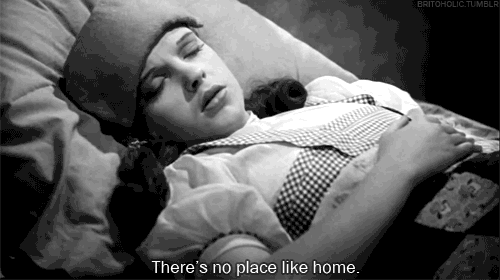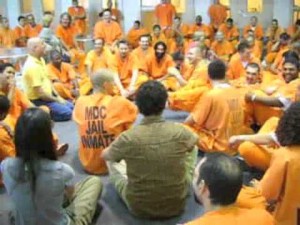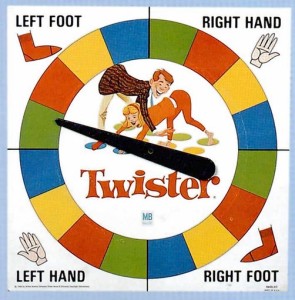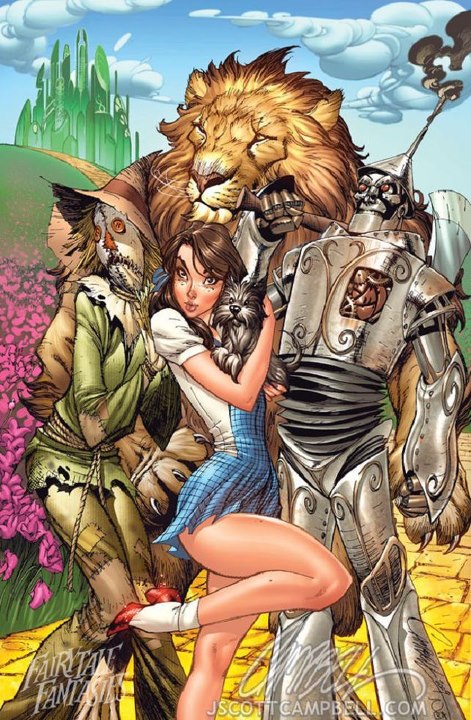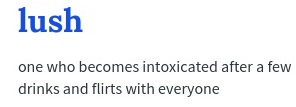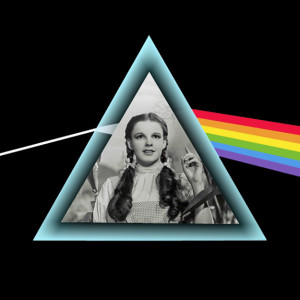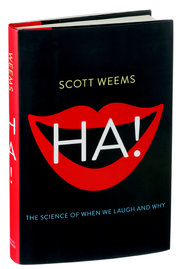(In which a two-page class exercise on using humor to diffuse stressful situations lends legitimacy to the showing of The Wizard of Oz to adult male prisoners in a medium-security walled facility….)
Last night, we completed a class exercise called “Popular Media and Its Uses in the Identification of Countervailing Humor Types.” The countervailing humor types are constructive and destructive humor. This particular use was in the form of a Blu-Ray disk. And the specific medium used was an educational film for therapeutic purposes called The Wizard of Oz.
Prior to spinning the disk at 300 rpm, I distributed the above-mentioned exercise, containing 11 questions about how Dorothy & her companions use humor in dealing with the stressful situations they need to overcome. I wasn’t sure how these men would take to answering questions while the lights were low and they were in the process of viewing a beloved movie that most of them haven’t seen since their childhoods.
But most complied, and some of their responses were spot-on, and even surprising. One question reads: “What do you consider to be the funniest spoken line in the film? Does the line make you laugh out loud? Is the humor constructive or destructive?” One participant responded thus: “The funniest line is when Dorothy says, ‘Toto, I’ve a feeling we’re not in Kansas anymore.’ It did not make me LOL. The humor is destructive–shows her stupidity.” This response made ME laugh out loud. Stupid? Dorothy? Whaddaya DO with something like this? The individual in question is from a country on the African continent, so the cultural gap may explain most of it. But he reports that he’s lived here nearly twenty years, and he’s not even out of his 20s yet. “Aw shucks, folks, I’m speechless!” The following day, he tells me this was his first time seeing the movie. That, in my view, explains it all. We who have grown up with the film have emotionally invested in these characters. What would we have thought of them if we were seeing the movie for the first time in our late 20s? AND through the lens of a cultural gap? Probably the same way as this young man. We’d see Dorothy Gale as a stupid farm kid. When I tell him, however, that Judy Garland was playing a character much younger than her actual age, that gives him pause. “OK, now it all makes sense,” he says. Finally.
To the question of How Uncle Henry uses humor when dealing with Miss Gulch at the farmhouse gate, one fellow writes: “She doesn’t find the humor amusing. This is probably destructive, because the thrust of it is that she’s talking like a fool.”
The first question reads: “Dorothy and her companions deal with considerable stress on their journey, yet manage to work in some coping humor along the way. Name one scene where a character uses humor as a stress reliever.” A student writes, “When it snows in the poppy field, the Lion awakens & says ‘Unusual weather we’re having.” Another response: “When they meet the Lion and he’s bullying them, the Scarecrow cracks wise.” Another: “When the Lion has to lead the way into the Witch’s castle, he pretends to be all for it, but then asks the other two to ‘Talk me out of it!’ And then what I consider to be a strange response: “The Wicked Witch of the West uses humor when she is stressed about the ruby slippers. She laughs as she threatens Dorothy & her dog.” WTF? Another student responded, “When the Lion sings his song about his lack of courage, he calls himself ‘a sissy’ and ‘a mouse.’
About five minutes into the film, one prisoner in his 50s tells us: “This is the first time I’ve ever seen this.” Incredulous, I ask, “How did you avoid it!” He says, “I didn’t watch TV a lot!” Tellingly, his was the loudest and most frequent laugh heard during the showing of the film.
The following day, my ILL clerk, who is a course participant, says: “Hey, I wanted to sincerely thank you for the film last night. I haven’t seen that in ages. It was good to see it again. And I am impressed with Blu-Ray! I have never seen such rich colors in a movie before! That was somethin’ else!”
Praise, and for such a simple thing like showing a film, and introducing folks to new technology. This job teaches me in many ways to never, never, ever take my freedom–and all concomitant blessings–for granted.

